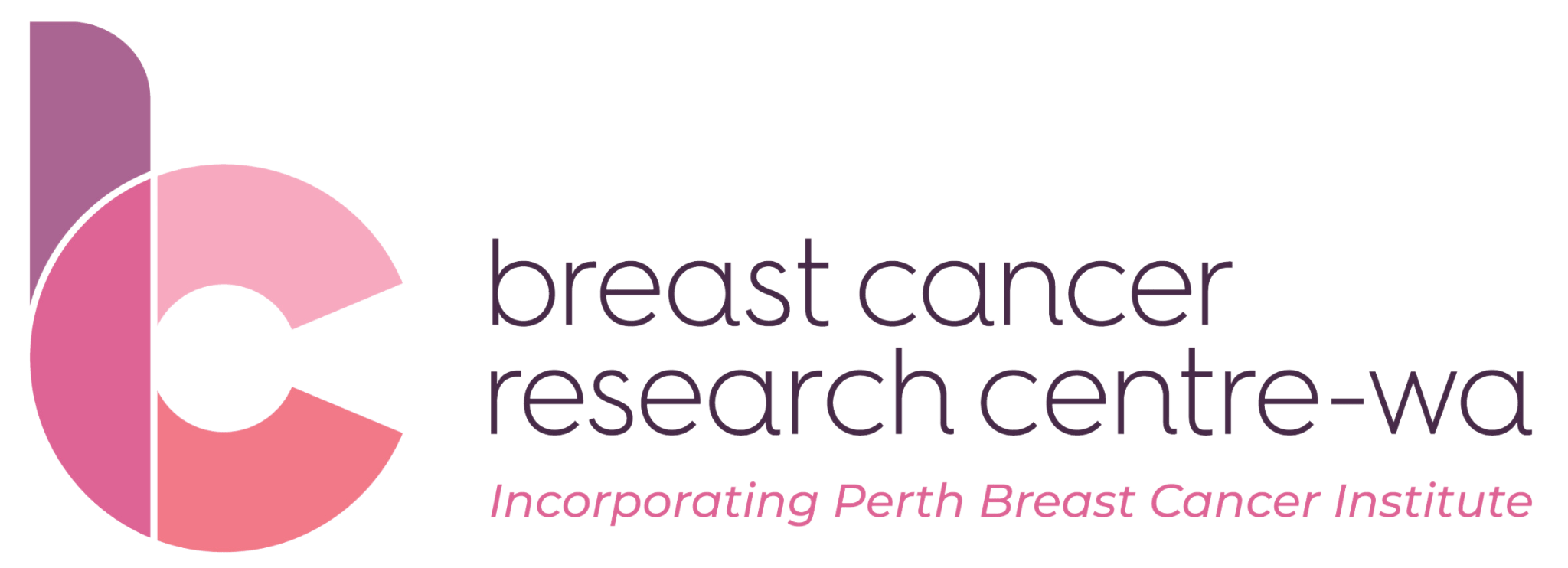Genetic Counselling
I am Bhavya Vora, a genetic counsellor (GC) collaborating with the Perth Breast Cancer Institute (privately). I also work in public health at Genetic Services of WA.
The Role of a Genetic Counsellor
The role of a GC is to help individuals make informed decisions about their options for genetic testing, interpret test results and communicate the implications of these results for individuals and their immediate and extended family members. GCs work with doctors to help make appropriate recommendations regarding options for ongoing surveillance and management of an increased risk of cancer, either because of the family history or genetic fault.
Genes and Cancer
Genes are like instruction manuals for our bodies, making us who we are. We all have two copies of every single gene (including those genes that protect us from getting cancer); we inherit one copy from each of our parents. When we have children, we pass one of those gene copies to our children, and they inherit the other copy of that gene from our partner.
There are several different genes involved in controlling normal cell growth and division. These help prevent cancer from developing. An increased risk of breast or other cancers may occur when a person acquires a fault in both copies of one of these genes.
For most people, cancer is a disease of aging which results from an accumulation of acquired faults in the genes that control our cell growth. These are not “hereditary” because, at birth, both gene copies are believed to be functioning appropriately. We acquire faults in both working copies of genes as we age and other contributing factors such as our lifestyle and our environment. This transpires over decades; hence the risk of developing cancer increases with age.
A small number of gene faults are thought to be “hereditary”, inherited from the time we are conceived as a fault in one of the two copies of the gene. This can lead to an increased risk of developing associated cancers. For example, inherited faults in genes such as BRCA1 or BRCA2 could increase the risk of developing breast, prostate, ovarian and, in some rare cases, pancreatic cancers at a younger age. At the same time, these individuals will still have a working copy of that gene protecting them from developing cancer. Therefore, although the risk of developing cancer is higher, not everyone with a gene fault will develop cancer.
Genetic Testing Information
There are criteria recommended by the National Cancer Council outlining who should be offered genetic counselling and testing in the public system. You can seek more information on this from your local public genetic services. Those who do not meet these criteria may still seek genetic testing privately. With tests costing $400 – $600, making it more accessible than before.
Genetic testing information may change a treatment plan or help in making surgical management decisions. Therefore, it is essential for those opting for private genetic testing to choose a service provider with access to a genetic counsellor to help interpret the test result and discuss the emotional and practical implications of the outcome for the patient and their family members.
Disclosure: Please note that I have my own private practice, Cancer Genetic Counselling.

Bhavya Vora, FHGSA
Genetic Counsellor
www.cancergc.com.au
08 6500 5576.

Our full range of Resources
Breast Cancer Research Center – WA aims to support and educate breast cancer patients. For a specific pamphlet, ask our staff at your next appointment or download it from our website.




